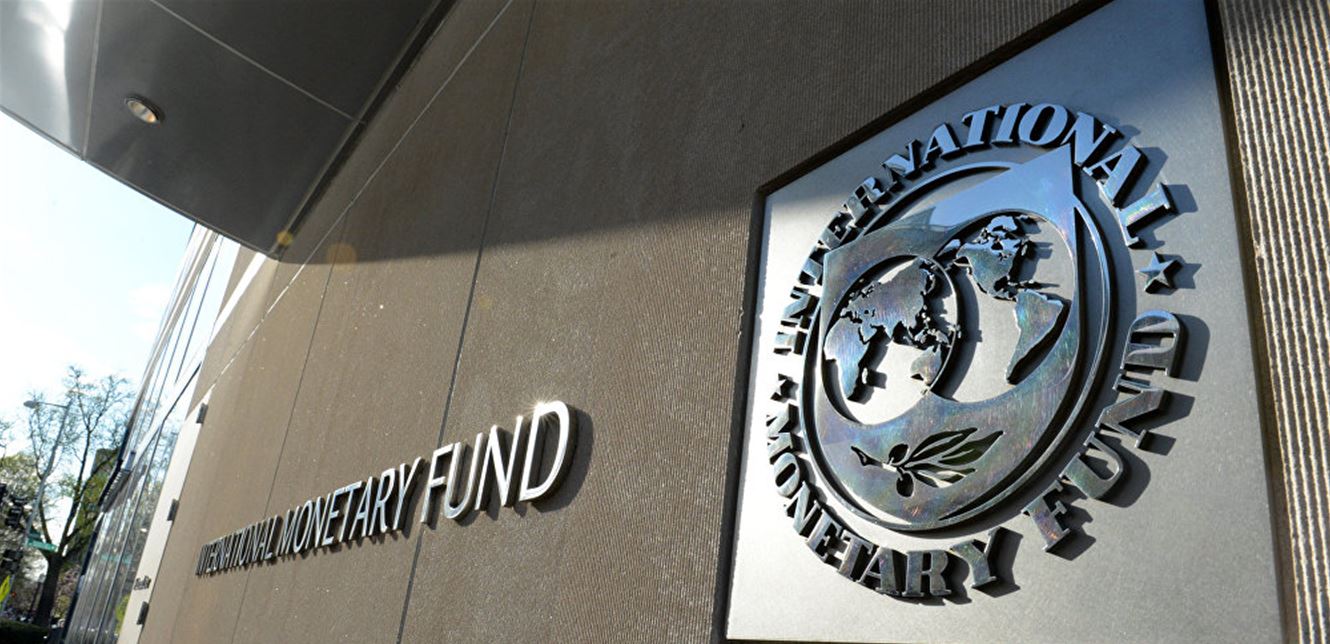Debt accumulation threatens some countries with the collapse of the economy, International Monetary Fund (IMF) warned.
The IMF said G20 is obliged to take urgent measures to ease the debt burdens of these countries and reduce the repercussions of the pandemic, which is still out of control.
The Director-General of the International Monetary Fund, Kristalina Georgieva, and Ceyla Pazarbasioglu, director of the fund’s Strategy, Policy, and Review Department, stressed that they may witness an economic collapse in some countries unless the creditors in G20 accept accelerating debt restructuring and suspending debt service while the restructuring is negotiated.
When the pandemic began to spread, the wealthy G-20 countries decided to suspend debt service payments for poor countries until the end of 2020, and then extended it until the end of 2021.
Debt accumulation
In parallel with the initiative to suspend debt service, the group created in November 2020 a “common framework” aimed at restructuring and even canceling the debts of countries that apply in this regard.
But so far the private creditors, especially the Chinese ones, have refrained from implementing this mechanism.
The two officials at the IMF stressed that it is necessary for private creditors to put debt relief into practice on similar terms.
Despite the aid measures taken since the start of the pandemic, “about 60 percent of low-income countries are at high risk or already in debt distress.”
The two officials added, “Difficulties are accumulating for many of these countries,” stressing that the spread of new coronaviruses may hinder economic activity further.
The two officials called for “multilateral action now to combat vaccine inequality globally and to support a speedy and orderly debt settlement.”
In a related context, the Arab countries are going through a historical debt crisis, after the Coronavirus pandemic, which threatens structural imbalances that these countries may experience.
The United Nations Economic and Social Commission for Western Asia (ESCWA) warned of the continued increase in debt in the Arab countries.
ESCWA urged the creditors to extend the period of exemption from paying debt service until the end of next year 2022.
On the eve of the G20 summit, ESCWA launched a new study, which it published on its electronic platform, in which it indicated that the past decade witnessed an unprecedented increase in public debt in the Arab region.
ESCWA explained that the total public debt of the Arab countries in the Middle East and North Africa has risen to a historic level of $1.4 trillion, which represents about 60 percent of the region’s gross domestic product in 2020, compared to 25 percent in 2008.























































